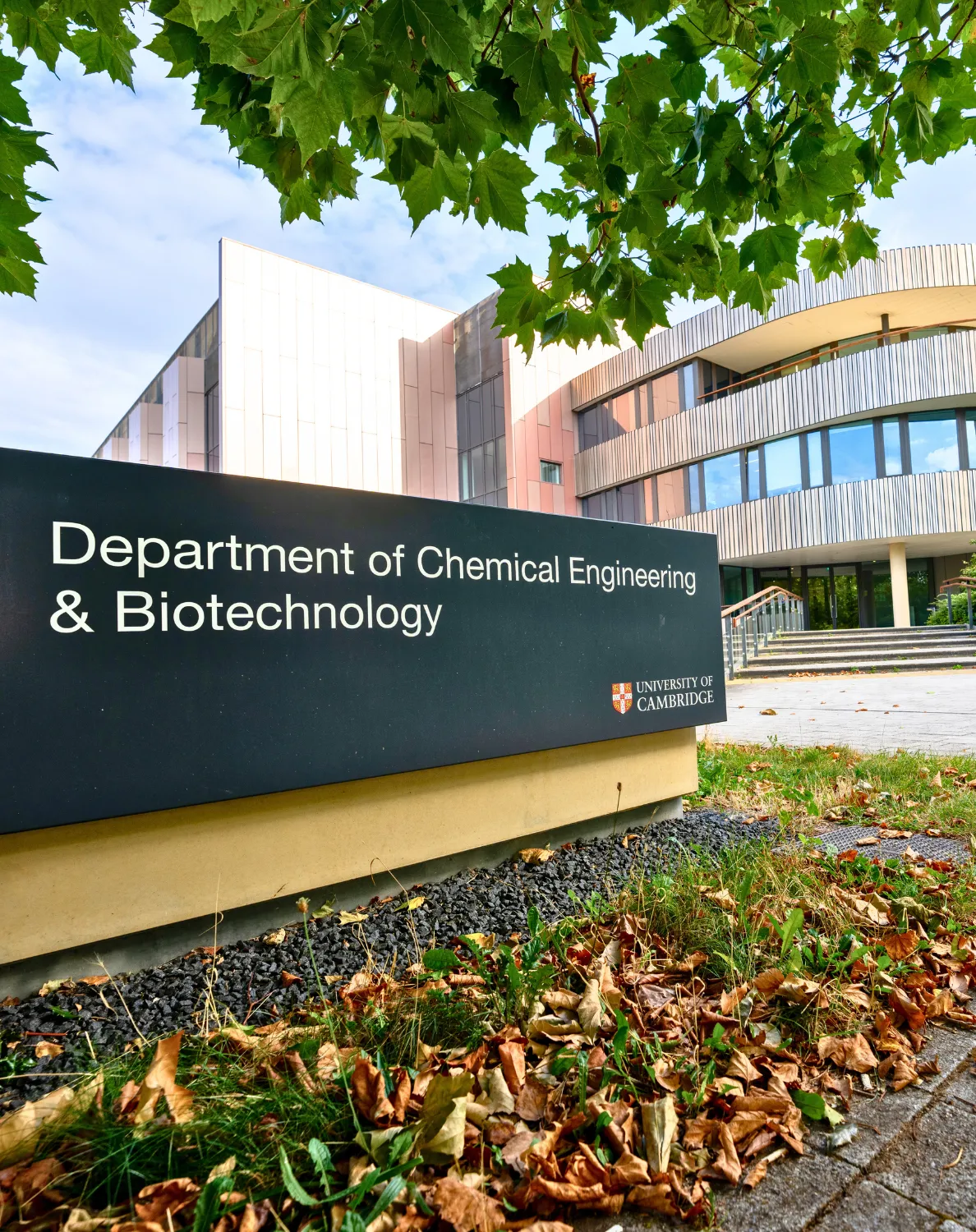
A-level or IB Higher Level Mathematics (Analysis and Approaches), and Chemistry, with a third science/mathematical subject. Applicants are required an to achieve an A*/7 in Mathematics or Further Mathematics, and in Chemistry.
Physics and/or Further Mathematics and/or Biology at A-level as a preferred third subject. For IB Higher Level subjects, a mathematical/science subject is preferred.
Admissions Assessment: All applicants for Chemical Engineering & Biotechnology must sit the Engineering and Science Admissions Test (ESAT) in mid-October.
Submitted work: None

St John’s offers the best of both worlds for Chemical Engineering and Biotechnology students, with a core cohort of five undergraduates, who join our larger community of first-year Natural Scientists for courses in Chemistry and Mathematics.
Professor Laura Torrente Murciano, Director of Studies and Fellow in Chemical Engineering, is an expert on sustainability and leads research on decarbonising the chemical industry and energy storage.
St John’s awards summer research grants, a great way to enrich your academic experience and build your CV – some students even join their Director of Studies groups for research internships.
Watch this video to hear more about studying Chemical Engineering and Biotechnology at St John's.

